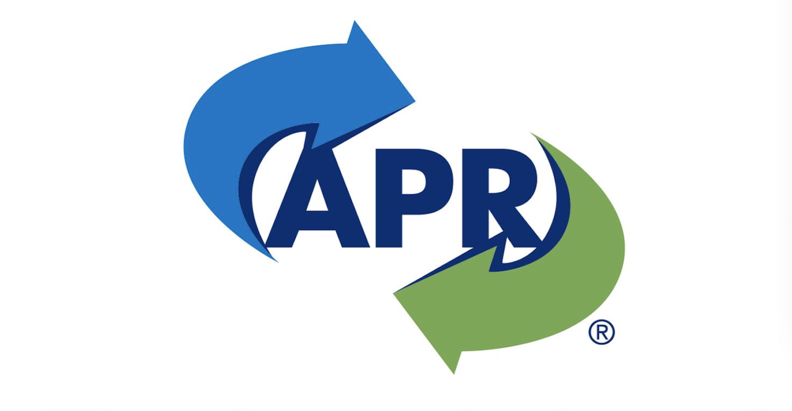
US-based Association of Plastic Recyclers (APR) has expanded its recyclability recognition programme to include new packaging components.
The programme provides third-party validation that a package or packaging component’s design is compatible with the North American recycling system. This is done by confirming that the item has met the highest criteria for recyclability according to the APR Design Guide. Complete packages and all components of package design, including labels, barrier materials, dispensers, and more, are eligible for Preferred Design Recognition (PDR).
PDR is now available for blow moulded PET bottles and containers, PET packaging constructs, natural and coloured HDPE bottles and containers, and mono-material PE stretch and collation shrink films.
In total, the APR recognition is now available for 24 types of plastic products.
“Since its inception, the APR Design Recognition Program has reviewed and recognised packaging from more than 120 companies and has led to the mainstream adoption of impactful innovations,” said Ruben Nance, APR programme director for PDR. “One recognised component may be used on hundreds, if not thousands of different packages, so that one component can have a massive impact on plastics packaging sustainability. The APR Design Recognition Program provides a simple way to identify these types of trusted solutions from suppliers.”
Brand and retailer procurement teams can save the time, effort, and resources needed to identify and validate recyclable packaging through the APR Library of Recognized Solutions. The recently upgraded library now includes search, sort, and filter capabilities. New products are now included in real time, with ongoing additional improvements in searchability and categorisation.
The APR is also involved in initiatives to improve plastics recyclability outside North America. In 2022, it launched a global design catalogue to help companies navigate different plastics recyclability guidelines around the world. Last year, it worked together with RecyClass to harmonise US-EU guidance for design for recyclability.






